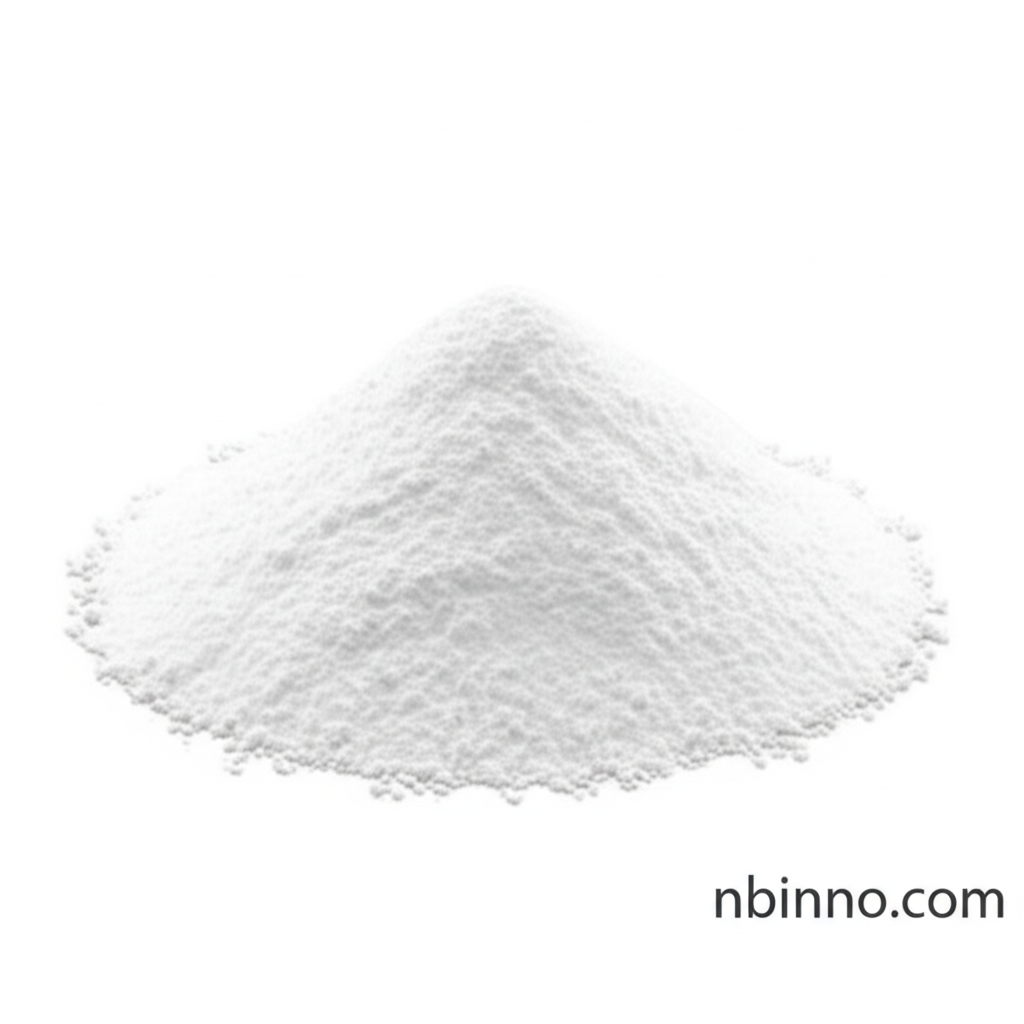Sirolimus: A Comprehensive Overview of its Immunosuppressive and Anti-atherosclerotic Properties
Explore the multifaceted therapeutic potential of Sirolimus, a vital immunosuppressant and emerging cardiovascular treatment.
Get a Quote & SampleProduct Core Value

Sirolimus Rapamycin Raw Material
Sirolimus, also known as Rapamycin, is a powerful macrolide immunosuppressant vital for preventing organ transplant rejection, particularly kidney transplants. It functions as an mTOR kinase inhibitor, effectively suppressing T and B cell activity. Beyond its primary role in immunosuppression, Sirolimus exhibits significant anti-proliferative properties and has demonstrated considerable potential in managing cardiovascular diseases like atherosclerosis. Its mechanisms involve modulating key cellular pathways related to inflammation, lipid metabolism, and cell proliferation, making it a compound of extensive research interest.
- Leverage the power of Sirolimus for transplant rejection prevention, ensuring better outcomes for organ recipients.
- Understand the intricate anti-atherosclerotic mechanisms of Rapamycin, offering new avenues for cardiovascular disease treatment.
- Explore the clinical applications of Sirolimus in heart disease, from stent coatings to potential therapies for vascular issues.
- Investigate the research surrounding Sirolimus and its impact on aging and cancer, highlighting its broad pharmacological scope.
Key Advantages of Sirolimus
Comprehensive Immunosuppression
Sirolimus provides robust immunosuppression, crucial for preventing the body's rejection of transplanted organs, thus enhancing graft survival rates.
Cardiovascular Health Benefits
The anti-atherosclerotic mechanisms of Rapamycin offer significant potential in treating cardiovascular conditions, potentially slowing disease progression.
Versatile Therapeutic Applications
From treating rare lung diseases like lymphangioleiomyomatosis to coating coronary stents, Sirolimus demonstrates a wide range of clinical utility.
Key Applications
Transplant Rejection Prevention
Sirolimus is a cornerstone therapy for preventing organ transplant rejection, ensuring the long-term viability of transplanted organs by suppressing the immune system's response.
Cardiovascular Disease Management
Research highlights Rapamycin's anti-atherosclerotic properties, suggesting its utility in managing conditions like atherosclerosis and preventing in-stent restenosis.
Treatment of Rare Diseases
Sirolimus is approved for treating lymphangioleiomyomatosis, a rare lung disease, demonstrating its efficacy in specialized medical conditions.
Drug-Eluting Stents
Its anti-proliferative effects make Sirolimus effective when used to coat coronary stents, preventing restenosis after angioplasty.
